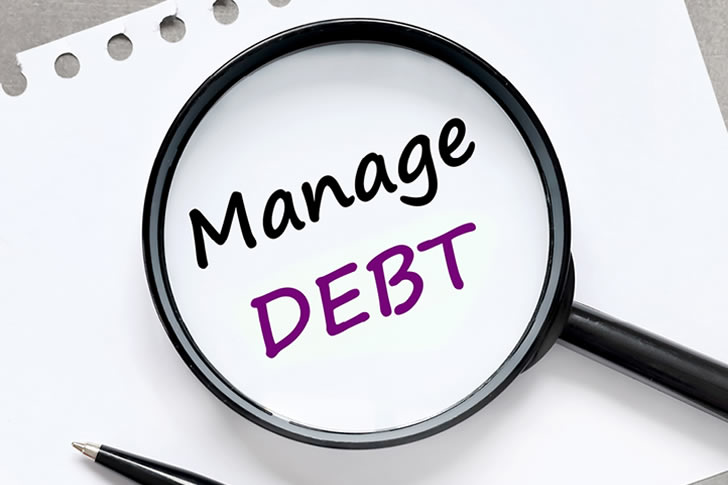Guide to Personal Finance Basics for Beginners
Managing personal finances can seem daunting, especially for beginners. However, understanding the basics is essential for achieving financial stability and reaching your goals. This guide covers fundamental aspects of personal finance, offering practical advice to help you take control of your financial future. Here, we explore five key areas of personal finance, providing essential tips and strategies for beginners to build a solid financial foundation.
1Building Credit
0 votes

Building and maintaining good credit is vital for accessing financial opportunities, such as loans, credit cards, and favorable interest rates. Start by understanding your credit report and credit score, which can be obtained from major credit bureaus. Paying bills on time is one of the most important factors in building good credit. Keep credit card balances low and avoid maxing out your credit limits. It’s also beneficial to maintain a mix of credit types, such as credit cards, installment loans, and mortgages, as long as you can manage them responsibly. Regularly reviewing your credit report can help identify errors or potential fraud. Building good credit takes time and discipline, but it opens doors to better financial options and helps you secure your financial future.
0
Do you agree? 0% of people agree with your point of view!
2Budgeting
0 votes

Budgeting is the cornerstone of personal finance, helping you track income and expenses to manage your money effectively. Creating a budget involves listing all sources of income and categorizing expenses, such as housing, utilities, groceries, transportation, and entertainment. Tools like spreadsheets or budgeting apps can simplify this process. The goal is to ensure your expenses do not exceed your income, allowing you to save and invest for the future. Budgeting also helps identify areas where you can cut costs and allocate funds towards your financial goals, such as an emergency fund, retirement savings, or paying off debt. By regularly reviewing and adjusting your budget, you can maintain financial discipline and make informed spending decisions.
0
Do you agree? 0% of people agree with your point of view!
3Saving
0 votes

Saving money is a crucial aspect of personal finance that provides financial security and peace of mind. This fund acts as a safety net for unexpected expenses, such as medical emergencies or job loss. Beyond the emergency fund, consider setting up automatic transfers to a savings account to ensure consistent savings. High-yield savings accounts or money market accounts can offer better interest rates, helping your savings grow over time. Saving for specific goals, like a vacation, home purchase, or retirement, can also motivate you to stay disciplined. Developing a habit of saving regularly, even in small amounts, can significantly impact your financial well-being over the long term.
0
Do you agree? 0% of people agree with your point of view!
4Managing Debt
0 votes

Effectively managing debt is crucial for maintaining financial health and achieving financial freedom. Start by listing all your debts, including credit cards, student loans, and mortgages, along with their interest rates and minimum payments. Prioritize paying off high-interest debt first, as it can quickly accumulate and become unmanageable. Consider using strategies like the debt snowball or debt avalanche methods to systematically reduce your debt. The debt snowball method involves paying off the smallest debts first to gain momentum, while the debt avalanche method focuses on paying off debts with the highest interest rates first to save on interest costs. Consolidating debts through a lower-interest loan or balance transfer can also be effective. By managing debt responsibly and making regular payments, you can reduce financial stress and improve your credit score.
0
Do you agree? 0% of people agree with your point of view!
5Investing
0 votes

Investing is essential for growing your wealth and achieving long-term financial goals. Beginners should start by understanding different investment options, such as stocks, bonds, mutual funds, and real estate. Diversifying your investments can reduce risk and increase potential returns. Consider starting with low-cost index funds or exchange-traded funds (ETFs) that provide broad market exposure. Contributing to retirement accounts, like a 401(k) or IRA, can offer tax advantages and compound growth over time. It’s important to research and understand the risks associated with each investment and seek advice from financial advisors if needed. By investing consistently and focusing on long-term growth, you can build a solid financial future and achieve your financial objectives.
0
Do you agree? 0% of people agree with your point of view!







Recent Comments